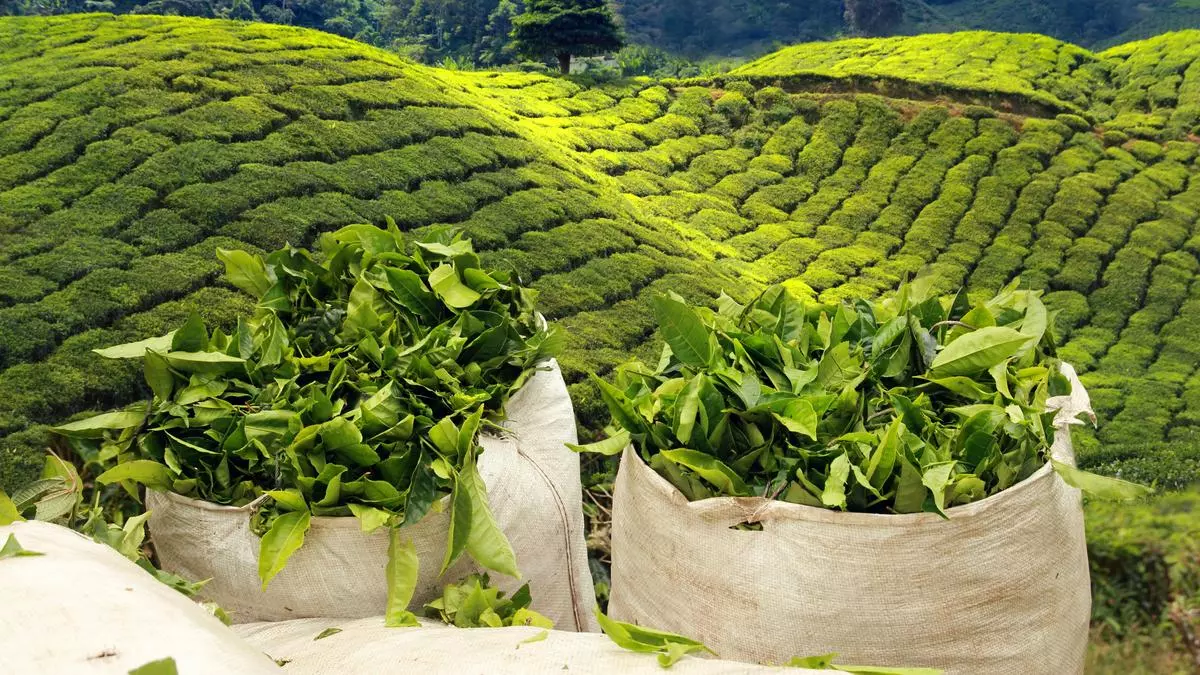Public investment in agriculture infrastructure needed, says Siraj Hussain
Experts have said that there is need for more public investment in agriculture infrastructure rather than placing the entire responsibility on the private sector and also suggested the government to accept the problems area so that solution can be found as claiming everything ‘good’ is not going to help the farm sector.
Participating at the Agriculture Conclave, organised by Rural Voice portal, experts stressed on the need to increase expenditure on research and suggested more role for the private sector to develop new varieties in pulses and oilseeds.
Former agriculture secretary Siraj Hussain said that ₹11 lakh crore was announced to be spent on infrastructure in the budget, but there was no mention of how much of it in the agriculture sector.
He also mentioned that there is no agriculture produce market committee (APMC) market yard in which the government has made a big investment and the mandis are dependent on the private sector.
“The effort was to do business outside the APMC yard, but that could not happen. It is important that the government also invests in the coming time,” Hussain said.
Further he added that there is a need to increase investment in R&D and cited the instance of breakthrough in maize that came from private sector R&D.
Former Director of Indian Agricultural Research Institute (IARI) AK Singh informed that in the last 10 years, 2900 varieties of different crops have been developed and of these, more than 2600 are climate tolerant.
Foodgrain production has reached 335 million tonnes (mt), of which rice is over 130 mt and wheat is over 110 mt, and in this journey government institutions have majorly contributed.
Stressing that the private sector should develop new varieties in pulses, oilseeds, Singh said that developed countries spend up to 3 per cent of agricultural GDP on agricultural research, while in India the Budget allocation for ICAR is not even 1 per cent.
He also pointed out that farmers using chemical fertilisers get the crop nutrients at subsidised rates whereas those who do organic farming do not get any financial help, except a negligible amount for three years.
Ajay Veer Jakhar, chairman of Bharat Krishak Samaj, said: “The biggest task of government institutions is to get delivery done by private institutions. Public institutions have completely failed in this task. Due to the failure of extension services, farmers are using wrong amount of fertilisers and pesticides. KVKs do not have money to run their own business, how will they help the farmers? ICAR and agricultural universities have been bringing new varieties for 30-40 years, but what percentage of them are succeeding? The problem is governance.”
Jakhar suggested every agriculture scheme should be evaluated by its beneficiaries, only then the reality will be revealed.
Prakash Naiknavare, managing director of the National Federation of Cooperative Sugar Factories (NFCSF), said that the cooperatives are working to help farmers in every field of agriculture. He said in the ensuing changes to be made in ethanol policy, the first priority will be give to cooperatives when they offer to the oil marketing companies.
Ajay Rana, CEO and MD of Savannah Seed, said that seeds (except sugarcane) worth about 40-42 thousand crores are sold in India.
